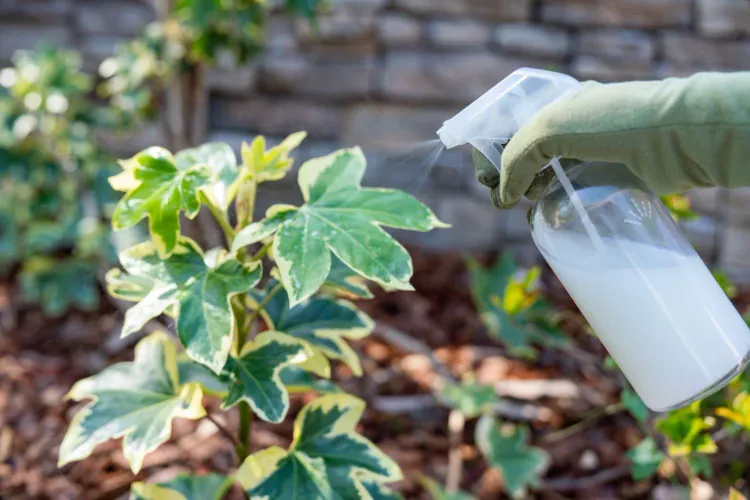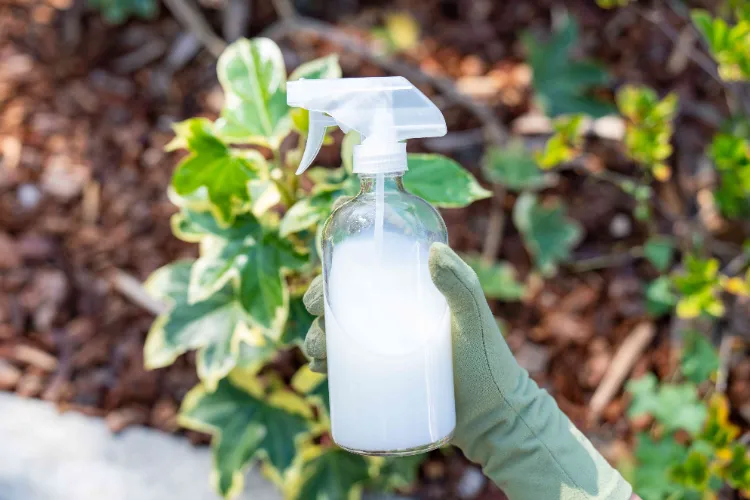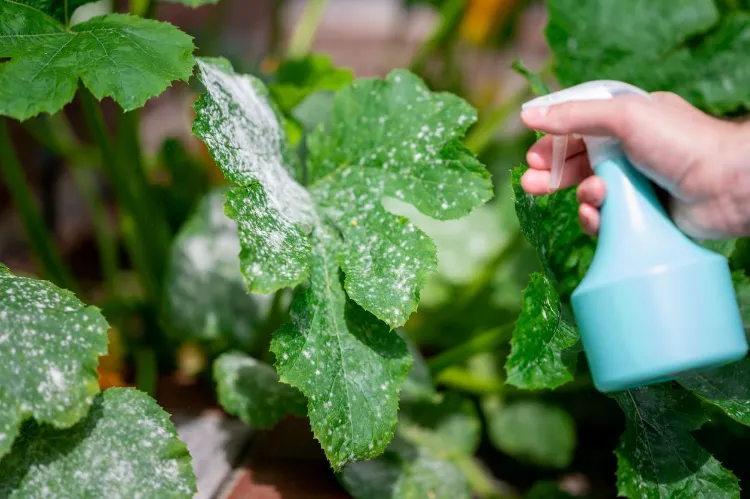Can Milk be Used as Fertilizer? Learn the Surprising Benefits and Techniques for Fertilizing with Milk
It doesn’t matter whether it’s cucumbers, tomatoes, strawberries, blueberries and the like – home-grown fruit and vegetables simply taste much better. As passionate hobby gardeners, at Deavita we are always looking for new ways to keep our plants happy and healthy. Regular fertilization is essential to promote growth and achieve a bountiful harvest – we all know that. In addition to the traditional fertilizers from the store, there are now many home remedies that can get the job done. But did you know that you can fertilize with milk? Yes, you read it right! How to use milk as fertilizer and what plants can you fertilize with it? We will explain the answers to these questions and other useful tips in our article!
Can You Fertilize with Milk?
Milk is healthy and an excellent source of calcium – not only for us humans, but also for our plants. In addition to supporting growth, milk as a fertilizer can also fight various plant diseases. These include mildew, aphids, many viruses and calcium deficiency. So you can fertilize with milk without hesitation. Both cow’s milk and vegan milk alternatives contain a lot of calcium, protein and phosphorus – all nutrients that are important for healthy plant growth.
Milk as a fertilizer can prevent mildew on tomatoes and roses and the home remedy is ideal for fighting aphids and mites in the garden. In addition, milk can also help against rot and mold and fight curl diseases in apricots and peaches. So many benefits, right? But the first thing to remember when trying something new in the garden is: everything in moderation! While there are many benefits to using milk as a fertilizer, too much of it or the wrong application can do more harm than good.
What Kind of Milk to Use as Fertilizer?
Now that you know you can fertilize with milk, you’re probably asking yourself: what kind of milk is best for this? Since fresh skimmed milk contains more microorganisms compared to UHT milk, it would be a better choice. Vegan milk alternatives such as rice, soy and almond milk are also rich in calcium and protein and contain many vitamins such as B2, B12 and D. The amino acids contained in the protein, as well as the phosphorus and calcium in particular have a positive effect on the growth and health of plants. And in the spirit of sustainability, you can safely use spoiled milk as fertilizer and your plants won’t mind at all.
How to Fertilize with Milk?
Fertilizing plants with milk is actually a lot easier than you think. You have two options to choose from. You can add small amounts of undiluted milk as fertilizer directly to the vegetable patch or container. However, a combination of milk and water would be much better and more effective. To do this, mix milk and water in a ratio of 1:5 and always use soft, low-lime water. Put the solution in a spray bottle and spray the leaves of the plants. Applied in this way, milk as a fertilizer not only stimulates growth, but also acts as a natural crop protection agent.
For the best possible results, experts recommend fertilizing the plants with milk 1 to 2 times a month or every 4 to 6 weeks. Very important to know: if the fertilizer stays on the leaves longer, certain plants such as tomatoes become more susceptible to fungal diseases. To avoid this, wipe the leaves lightly with a damp cloth or use the agent very sparingly. To improve soil conditions, you can add the water and milk mixture directly to the soil or compost heap.
Also read: Why You Should Water Tomatoes with Milk – Advantages, Disadvantages, Recipe and Instructions
Which Plants to Fertilize with Milk?
You already know how to fertilize with milk. Now you might be wondering, for which plants is milk suitable as a fertilizer? Absolutely all plants depend on phosphorus, calcium and amino acids for healthy growth. So it doesn’t matter whether it’s fruit and vegetables, garden flowers or indoor plants – you can fertilize almost all types of plants with milk. Milk is particularly popular as a fertilizer for tomatoes, roses and ferns. But even demanding orchids do well with the home remedy.
Which Plants You Should Not Fertilize with Milk?
While milk as a fertilizer is packed with nutrients and a real secret weapon in the garden, there are still some plants that you shouldn’t fertilize with it. These include plants like blueberries, rhododendrons, and azaleas that prefer acidic soil. Alkaline pH can make soil conditions worse, ruining our crops.
Also read: Which Plants Can Be Watered with Milk? Why? 5 Unexpected Indoor Species That Need More Calcium



